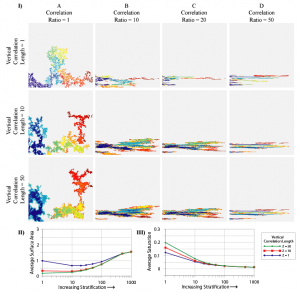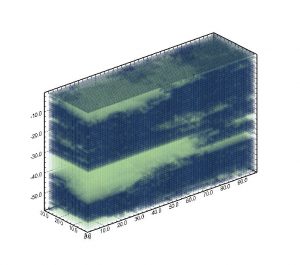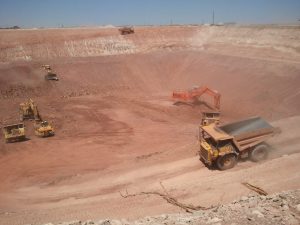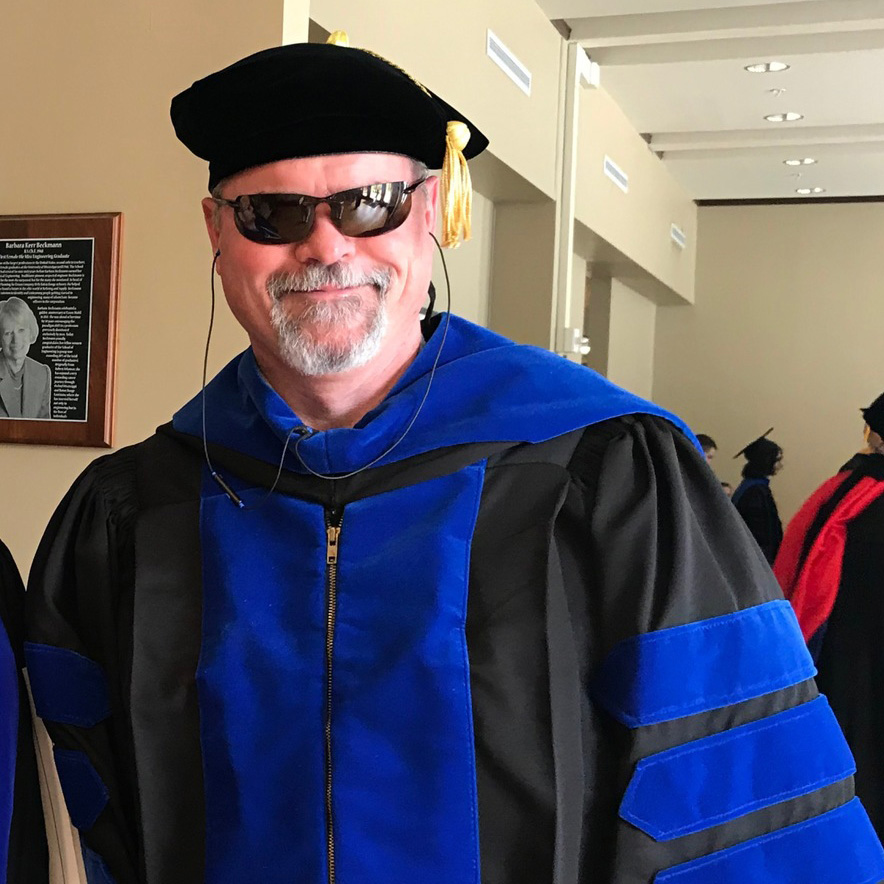Dr. Robert M. Holt
Professor, Geology and Geological Engineering
rmholt@olemiss.edu
120B Carrier Hall, University, MS 38677
Google Scholar Profile
ResearchGate: Robert_Holt3
Experience
University of Mississippi – Professor, 2014 – present
University of Mississippi – Associate Professor, 2006 – 2014
University of Mississippi – Assistant Professor, 2000 – 2006
Idaho National Engineering and Environmental Laboratory – Faculty Fellow, 2001 – 2006
Education
New Mexico Institute of Mining and Technology – Ph.D., Earth and Environmental Science, 2000
University of Texas at El Paso – M.S., Geological and Earth Sciences/Geosciences
South Dakota School of Mines and Technology – B.S., Geological Engineering
Research interests
- Geological sequestration of CO2
- Impact of wetted-phase structure on geophysical properties in porous media
- Non-ideal transport processes in porous and fractured media
- Non-continuum approaches for modeling multiple-phase flow and transport
- Geologic controls on hydraulic properties and flow and transport processes
- Flow and transport processes in heterogeneous saturated and unsaturated porous and fractured media
- Limitations of parametric models in hydrology, including both deterministic and stochastic models
- Geologic and hydrogeologic characterization for nuclear and hazardous waste disposal
RECENT PROJECTS
 Impact of capillary heterogeneity on CO2 dissolution in porous media
Impact of capillary heterogeneity on CO2 dissolution in porous media
Sequestered CO2 may leak along annular spaces of old boreholes. Capillary heterogeneity controls the spatial distribution of CO2 gas in shallow aquifers and its dissolution rate.
 Influence of trapped and compressed gasses in shallow mudrocks
Influence of trapped and compressed gasses in shallow mudrocks
We have found evidence of a trapped and compressed gas phase in mudrocks from New Mexico, Texas, and Mississippi. In all cases, the mudrocks are overlain by a shallow aquifer, and some are underlain by deeper aquifers. We find that the average capillary pressure (the difference in the pressures between the gas and water phases) range from about 2 to 15 MPa. When these rocks are drilled, the gas phase equilibrates with the atmosphere, and the capillary pressure drops, sometimes leading to the development of fully saturated conditions around the borehole. Trapped and compressed gases in these rocks prevent them from fully wetting and can preclude groundwater flow across the units. We are studying the physics driving this phenomena and its potential impact on recharge, flow, and transport processes in the shallow subsurface.
 Geologic and hydrogeologic characterization for nuclear and hazardous waste disposal
Geologic and hydrogeologic characterization for nuclear and hazardous waste disposal
We conduct a variety of site characterization studies at low-level and transuranic-level radioactive waste disposal sites. These studies focus on geologic and hydrogeologic characterization of low-permeability media and flow and transport processes in the subsurface.
